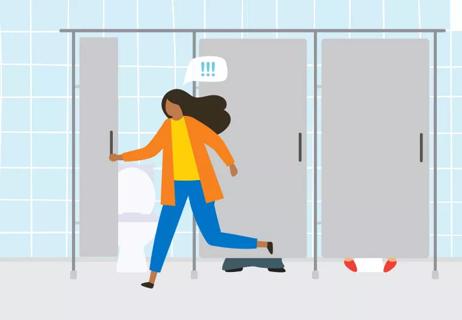
… no-bake recipes.But what you can’t do is sub it into baking recipes. “The high temperatures will actually break it down,” Czerwony explains.Elusive and expensiveAs yacon syrup has its 15 minutes of …

… you use a single cutting board, be sure to disinfect it between uses.Take your food’s temperature. Heat kills bacteria and helps prevent foodborne illness. For ground beef, the minimum safe internal temperature is …

… in the body than the FDA-approved semaglutide and tirzepatide and, thus, cause harm, should help people temper their excitement and, in some cases, desperation to get on these medications.”“Obesity is a chronic disease …

… you’re sleeping.Adjust your shower routine. Dr. Anthony recommends trying to be mindful of your water temperature. Avoid taking extremely hot showers and try using a gentler water pressure setting, if possible.Avoid chemicals …
Advertisement
Cleveland Clinic is a non-profit academic medical center. Advertising on our site helps support our mission. We do not endorse non-Cleveland Clinic products or services. Policy

Your body can send you an alert that you’re nervous or anxious in a lot of ways. Maybe it’s sweaty palms or a quickening heart rate. Or maybe you’ve noticed that when …

There’s a reason candles play a role in religious traditions and mindfulness practices around the world. Fire is foundational to human life, and we respond to it accordingly.It’s little wonder then that …

You’re late to everything. If you don’t put an event in your calendar, you completely forget about it. And those tasks at work you’ve been putting off? They’re piling up fast …

Your child’s back-to-school checklist likely includes a lot of things, like buying school supplies, signing permission sheets and packing lunch boxes. Getting sick or hurt probably isn’t on the to-do …

Flax is one of the world’s oldest crops. Archaeologists have found flax fibers dating back 30,000 years. “Originally, flax was used to make fabric for clothing and some other textiles,” says dietitian Devon …

Without any sleep issues, most people fall asleep within 10 to 20 minutes. But if it takes you 45 minutes to fall asleep, that’s OK, too. Everyone has a different circadian rhythm (or internal …
Advertisement
Advertisement